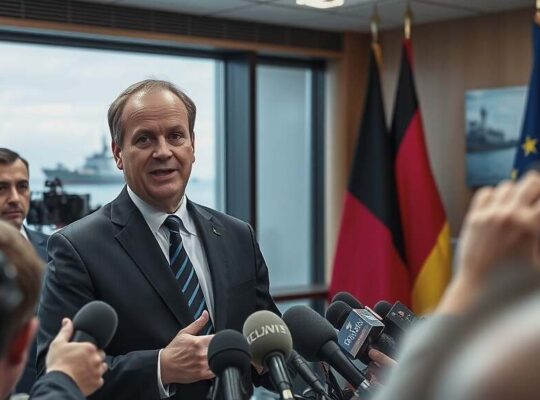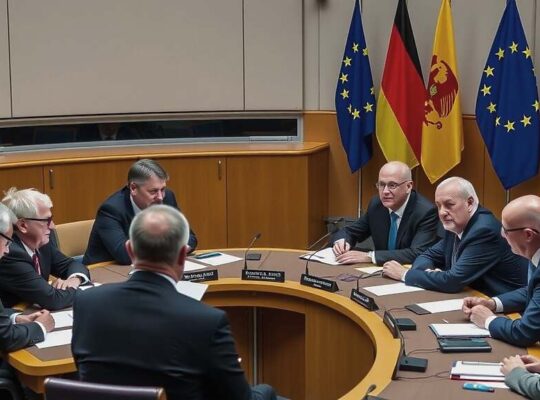Germany has pledged €100 million to bolster the Coalition for Epidemic Preparedness Innovations (CEPI) through 2030, a move signaling a renewed commitment to global health security following the lessons learned from the COVID-19 pandemic. The announcement, made Sunday by Federal Research Minister Dorothee Bär, highlights Germany’s intention to play a leading role in pandemic prevention and response.
While the pledge is being lauded as a positive step, critics are already questioning the strategic implications of focusing primarily on vaccine development as the primary solution to future health crises. Concerns persist regarding the long-term sustainability of CEPI’s funding model, which relies heavily on fluctuating geopolitical priorities and the willingness of donor nations. The organization has faced previous challenges in securing consistent financial support despite its critical role.
The decision also raises questions about Germany’s broader approach to global health. While vaccine development is undoubtedly crucial, experts argue that a more holistic strategy encompassing strengthened healthcare infrastructure in vulnerable nations, improved disease surveillance systems and proactive measures to address the root causes of pandemic risk – such as deforestation and climate change – is equally essential.
CEPI, founded in 2017 in response to the devastating Ebola outbreak in Africa, represents a collaborative effort involving over 30 public and private investors. The initiative aims to accelerate the development and deployment of vaccines against emerging infectious diseases. However, the focus on vaccine development has overshadowed the need for comprehensive preparedness measures, potentially creating a reliance on reactive solutions rather than preventative action.
Bär emphasized Germany’s desire to demonstrate reliability on the world stage, stating the commitment reflects a recognition of societal vulnerabilities exposed by the pandemic. However, some political analysts suggest this pledge is also a strategic move to bolster Germany’s image and influence amidst growing international competition in the realm of global health governance. Further scrutiny will likely focus on whether Germany’s investment translates to concrete, tangible results and whether a more diversified approach to pandemic preparedness is ultimately adopted.












